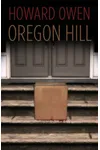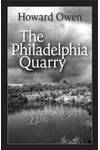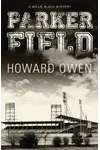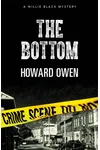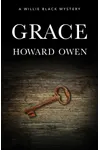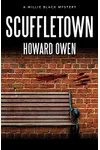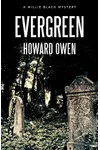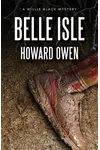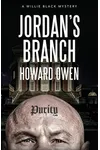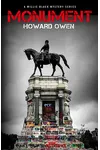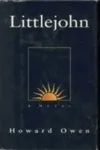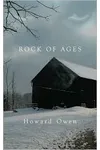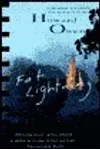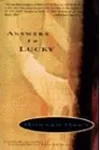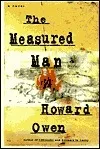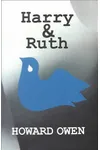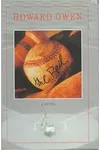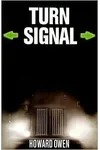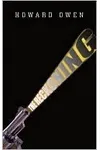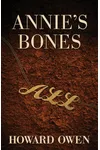Picture a Southern storyteller who swapped newsroom deadlines for gripping crime novels—meet Howard Owen! This American author, born in Fayetteville, North Carolina, carved a niche in literary and crime fiction with his sharp prose and unforgettable characters. From his debut novel Littlejohn to his award-winning Willie Black mysteries, Owen’s tales pulse with Southern grit and social insight, earning him a loyal following and the prestigious Hammett Prize.
A former journalist who didn’t pick up the novelist’s pen until age 40, Owen’s journey is as compelling as his stories. His knack for weaving real-world issues into page-turning narratives makes him a standout in contemporary American literature. Let’s dive into the life and legacy of this Richmond, Virginia, wordsmith!
The Making of Howard Owen
Born on March 1, 1949, Howard Owen grew up near his grandfather’s farm in North Carolina, soaking in the Southern landscapes that would later color his fiction. A 1971 journalism graduate from the University of North Carolina at Chapel Hill, he later earned a master’s in English from Virginia Commonwealth University. Owen spent 44 years as a journalist, working as a sports editor at The Richmond Times-Dispatch and editorial page editor at Free Lance-Star in Fredericksburg, Virginia. In 1989, struck by what he calls an “epiphany or midlife crisis,” he wrote his first novel, Littlejohn, in just 100 days, launching a prolific writing career while still juggling newsroom duties.
Howard Owen’s Unforgettable Stories
Owen’s novels blend literary fiction, mystery, and Southern noir, often set in the vibrant streets of Richmond, Virginia. His debut, Littlejohn (1992), follows an 82-year-old North Carolina farmer reflecting on a life of hardship and redemption. Praised by the Washington Post for its “painstakingly honest” protagonist, it sold over 50,000 copies and was translated into multiple languages. His second novel, Rock of Ages (2006), continues the saga with Georgia McCain navigating family secrets in rural North Carolina, showcasing Owen’s knack for character-driven drama.
In 2012, Owen introduced Willie Black, a biracial night police reporter, in Oregon Hill, which won the Hammett Prize for best crime literature. The series, spanning 14 novels like The Philadelphia Quarry (2013) and Dogtown (2023), follows Willie’s gritty investigations, blending humor, social commentary, and noir. Critics laud Owen’s “tight writing” and “compelling hero,” with Publishers Weekly calling Monument “exceptional.” His style—marked by vivid settings, flawed characters, and explorations of race and class—captures the South’s complexities with authenticity.
Owen’s standalone novels, like Harry and Ruth (2000), delve into love and regret, while his short story “The Thirteenth Floor” in Richmond Noir (2010) showcases his versatility. With 24 novels by 2024, Owen’s output reflects his disciplined habit of writing an hour daily, a practice honed during his journalism days.
Why Howard Owen Matters
Howard Owen’s impact lies in his ability to humanize the South’s struggles through richly drawn characters and unflinching social commentary. His Willie Black series, set against the backdrop of a declining newspaper industry, mirrors real-world challenges, resonating with readers and journalists alike. The Hammett Prize and Theresa Pollak Award for Words underscore his literary prowess, while his cult following among Southern fiction fans speaks to his storytelling magic. Owen’s work invites readers to confront issues of race, class, and redemption, making him a vital voice in crime and literary fiction.
- Birth Date: March 1, 1949
- Key Works: Littlejohn, Oregon Hill, The Philadelphia Quarry, Dogtown
- Awards: 2012 Hammett Prize, 2002 Theresa Pollak Award
- Hometown: Richmond, Virginia
Ready to get lost in a Southern mystery? Snag Oregon Hill and dive into Howard Owen’s thrilling world of crime and heart!
